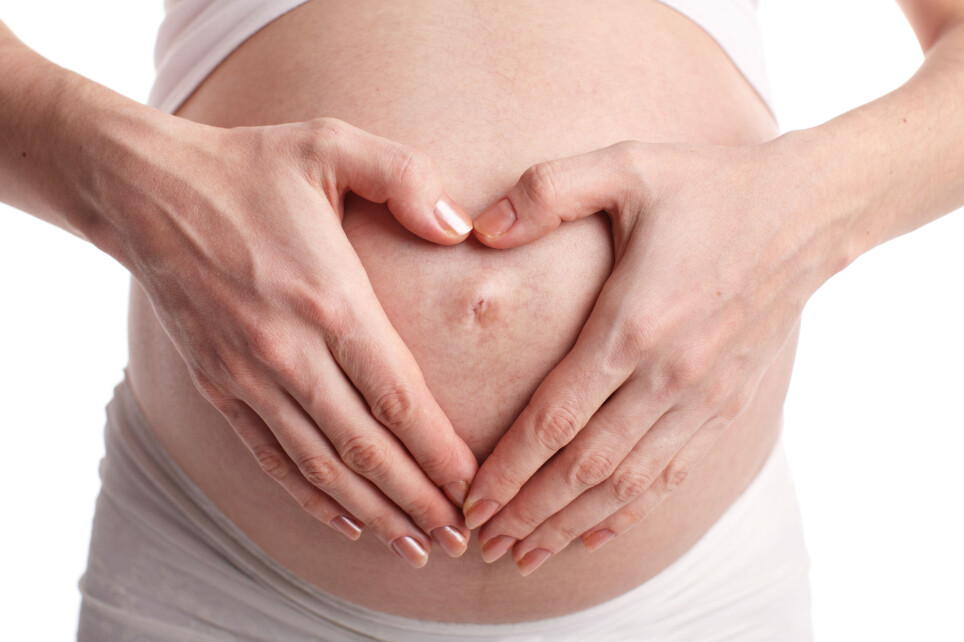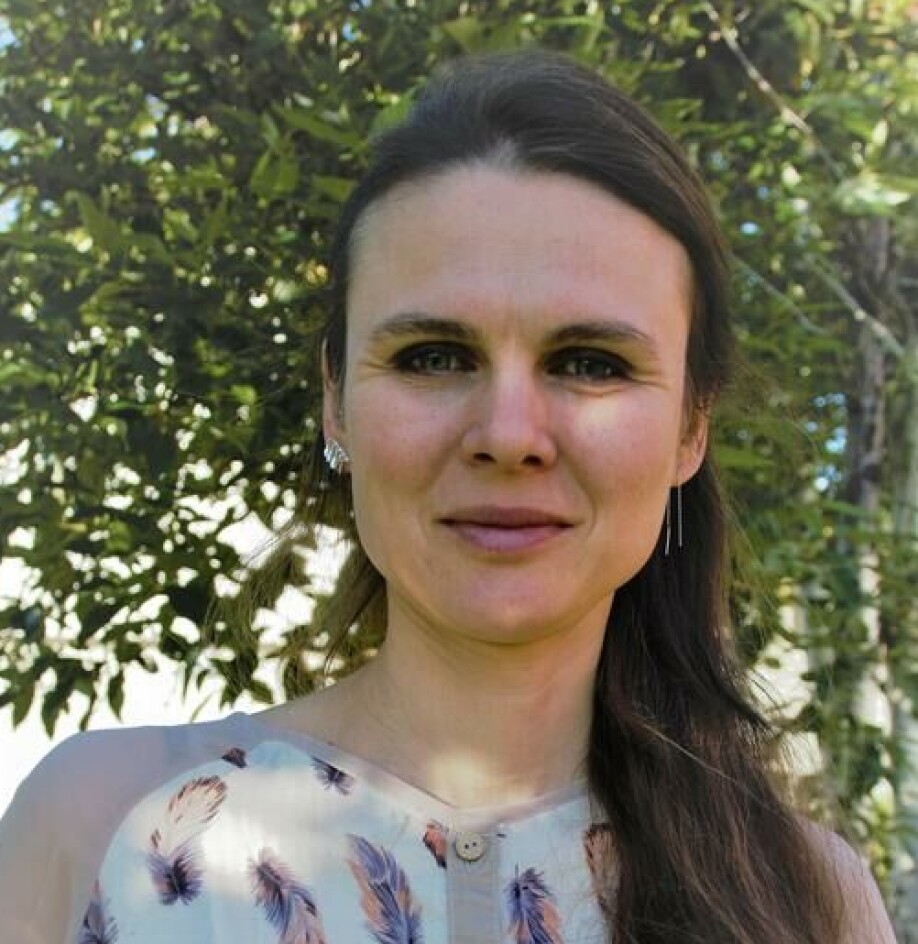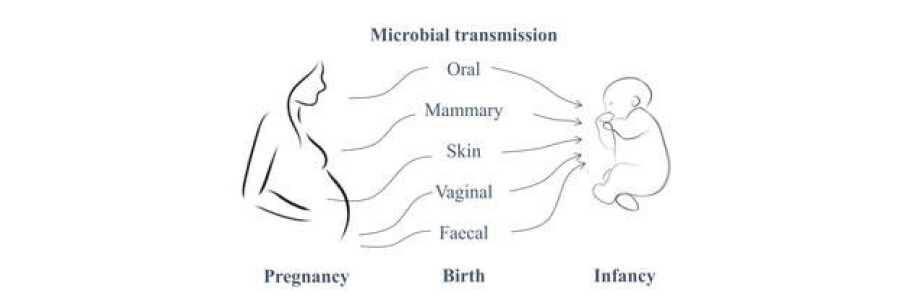THIS ARTICLE/PRESS RELEASE IS PAID FOR AND PRESENTED BY The Centre for Advanced Study (CAS) - read more

Mother-to-child microbial transmission: important for human health and challenged by modern lifestyle
Meet the Young CAS Fellows for 2022-23: Veronika Kuchařová Pettersen.
Veronika Kuchařová Pettersen is an associate professor at UiT The Arctic University of Norway (UiT) and will lead the Young CAS Fellow project Infant Gut Microbiome Acquisition: Off to a Healthy Start.
The microbiologist is fascinated by the largest microbial community of the human body, the gut microbiome, and its contributions to human health and disease. Pettersen’s work concentrates on infancy, a critical period of human development when the gut microbiome and human physiology are maturing simultaneously.
“Mother-to-child microbial transmission plays a central role in the gut colonisation process, with the maternal microbiome being the main source of the infant’s gut bacteria,” Pettersen said. “Unfortunately, the modern lifestyle has changed how maternal microbes are transmitted to a child. Among factors severely altering the colonisation process is antibiotic use, which negatively impacts both the maternal and infant microbiome, making the child vulnerable to both infectious and chronic diseases.”

Together with her interdisciplinary research group, Pettersen will study questions related to the contribution of the maternal microbiome to the founding of the infant microbiome and the impact of antibiotics on this process.
The project is one of two Young CAS Fellow projects due to start in January 2022. The projects will last for two years.
We spoke with Pettersen about her project and her thoughts about having been selected for the Young CAS Fellow programme for 2022-23.
Congratulations! Could you briefly tell us about your project?
Thank you! I am very honoured to be selected for the Young CAS Fellow programme.
As a microbiologist, I am fascinated by the largest microbial community of the human body, the gut microbiome, and its contributions to our health and disease. My work concentrates on infancy, a critical period of human development when the gut microbiome and human physiology are maturing simultaneously.
Mother-to-child microbial transmission plays a key role in the gut colonisation process, with the maternal microbiome being the main source of the infant’s gut bacteria. Unfortunately, the modern lifestyle has changed how maternal microbes are transmitted to a child. Among factors severely altering the colonisation process is antibiotic use, which negatively impacts both maternal and infant microbiome, making the child vulnerable to both infectious and chronic diseases.
My Young CAS Fellow project will explore the hypothesis that a pregnant woman’s microbiome is a source of keystone microbes that influence the sequence of microbial colonisers in the infant’s gut. Together with a group of experts in microbiology, clinical science, epidemiology, and bioinformatics, we will address questions related to the contribution of the maternal microbiome to the founding of the infant microbiome and the impact of antibiotics on this process. Ultimately, the project’s goal is to outline a strategy on how to effectively harness knowledge on human microbial colonisation for disease susceptibility diagnostics and the development of preventive biotherapeutics.

Please tell us a bit about yourself, your research interests and your career path.
My background is in biochemistry and molecular biology, with a specialisation in microbiology. Originally from the Czech Republic, I studied first in Denmark and then did my Ph.D. work under Professor Svein Valla at the Department of Biotechnology and Food Science at the Norwegian University of Science and Technology (NTNU) in Trondheim. After the Ph.D. project, I went to Bergen to learn microbial proteomics under Professor Harald G. Wiker.
In 2018 I was awarded a mobility grant from the Norwegian Research Council and joined the lab of Marie-Claire Arrieta, assistant professor at the University of Calgary in Canada on a project that studied the effects of gut fungal species on mammalian immune functions. I returned from Canada last year and settled in Tromsø, where I work as an associate professor in human microbiome research at UiT The Arctic University of Norway, and I am part of the paediatric and host-microbe interactions research groups and the Centre for New Antibacterial Strategies (CANS).
Why did you apply to the Young CAS Fellow programme?
The young CAS Fellow programme is an excellent opportunity to build my research network and invite experts from different fields for a collaborative project. I saw it also as a great chance to develop a detailed strategy for an exciting research idea.
What in particular are you looking forward to as a future Young CAS Fellow?
I look forward to collaborating with scientists from other fields and discussing our different perspectives in focused meetings. I also look forward to the intense experience of the two-month research stay. There I can fully immerse myself in the project and connect with my collaborators both intellectually and socially.
See more content from The Centre for Advanced Study:
-
Electrons, laser pulses and the properties of matter
-
Dissecting the current debates on prehistoric migration
-
Politics, law and society in the High Middle Ages
-
Which parts of language are universal and present in signed and spoken languages, and which depend on the channel of communication?
-
What is the role of morality, democracy and experts in policymaking?
-
Understanding mathematical motives





































